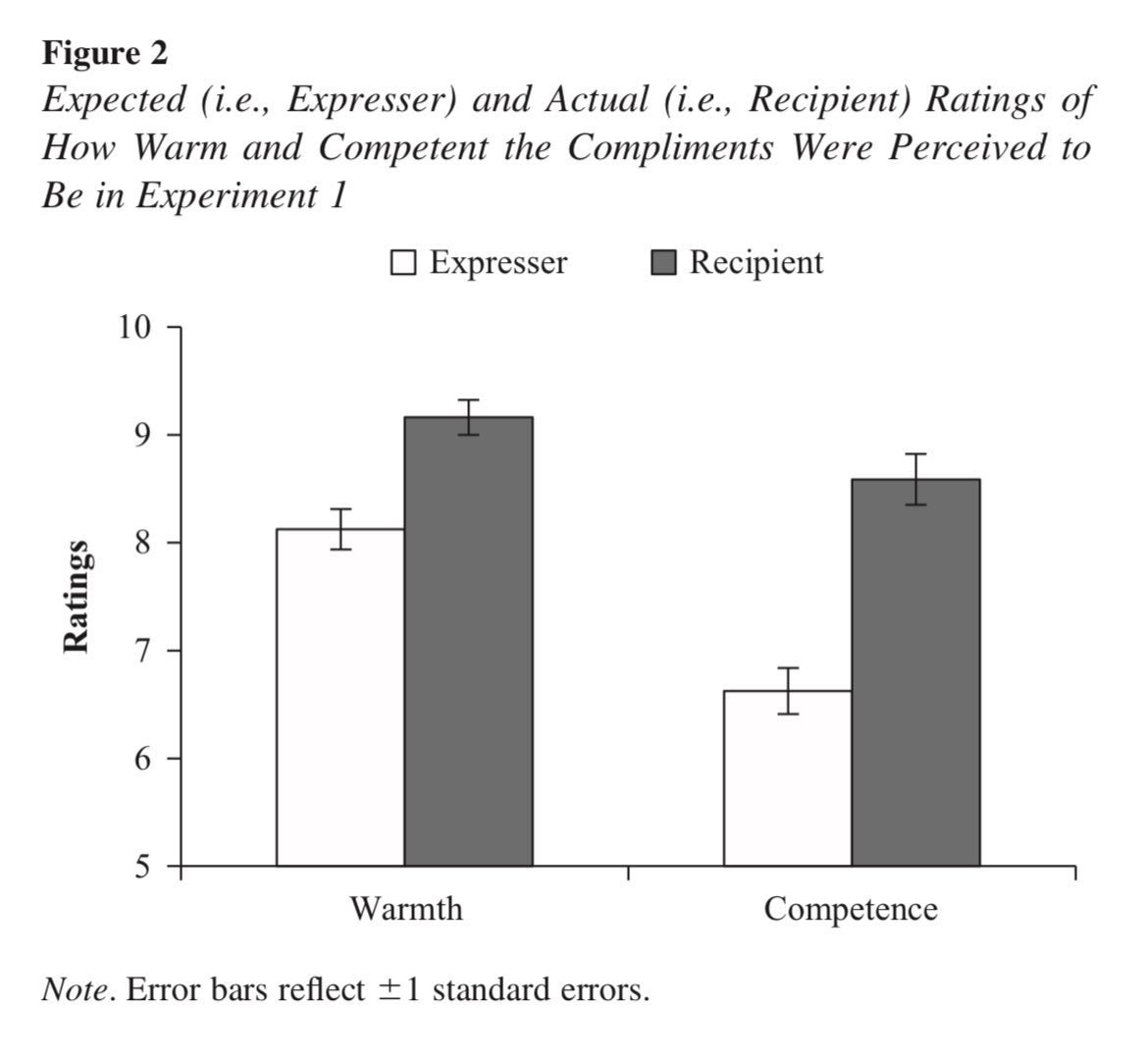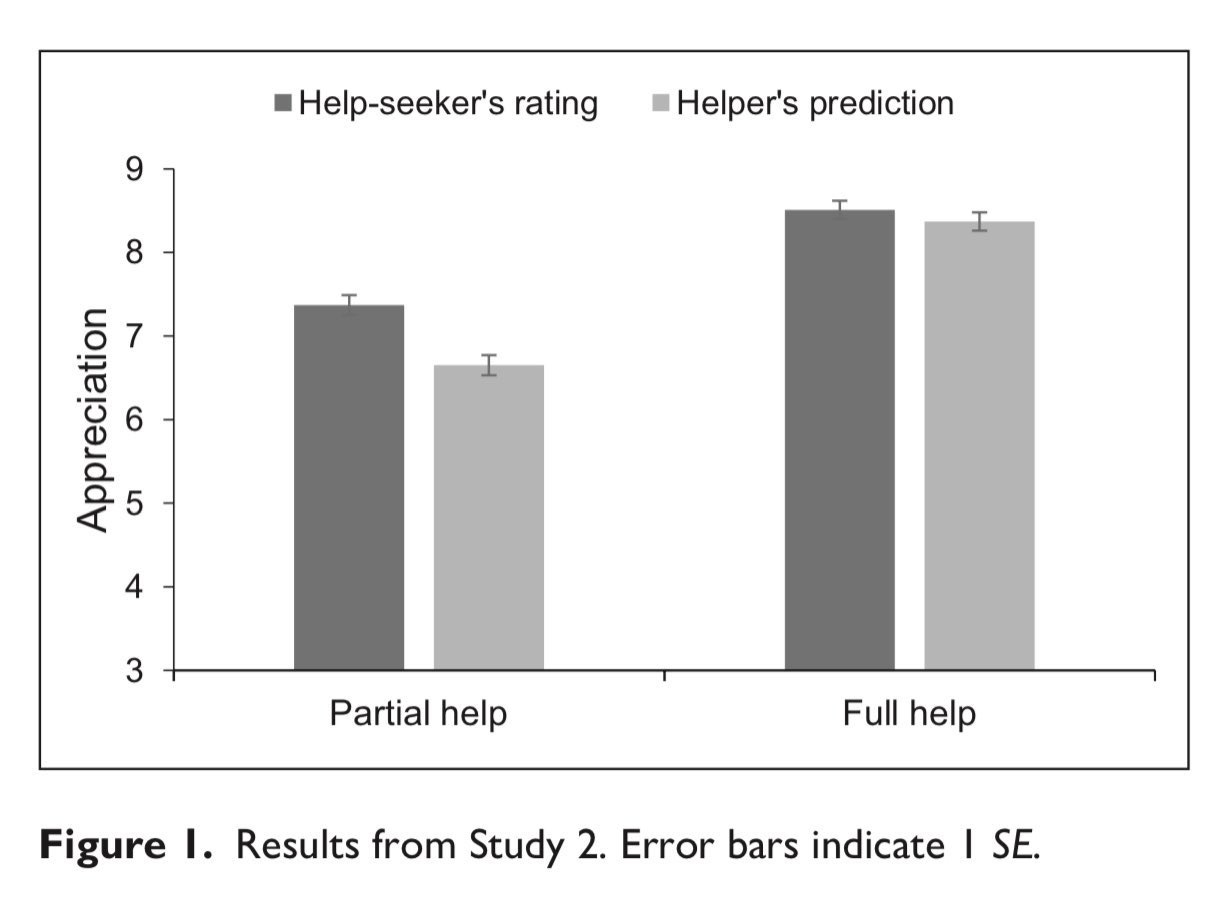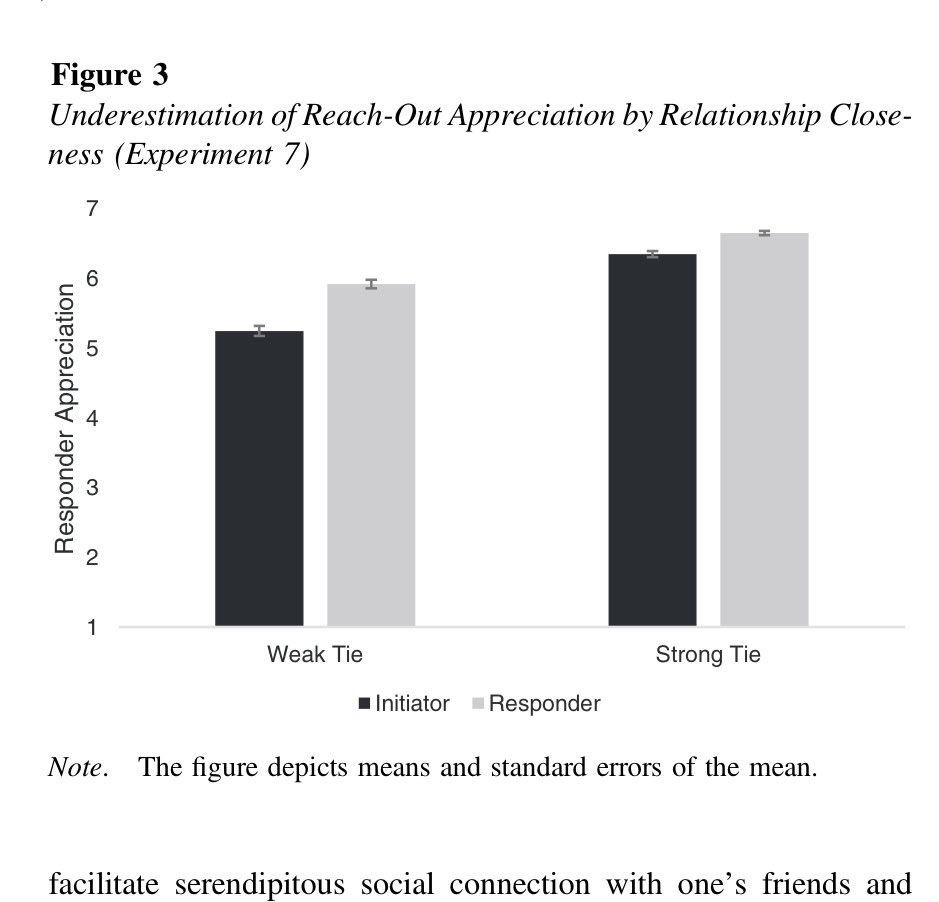How to... make people happy
Four easy things you can do to make people happier, and why you don't do them.
There is a lot of research advice that, if you take it, should make you healthier, wealthier, or wiser… but not nearly as much that will make everyone around you happier. The exception is an uplifting string of work that suggests that making people happier is easier than we think. In fact you can make people happier right now, from your computer or phone (maybe finish the Substack article first?).
But if it is so easy, why don’t we do it? Because we are systematically wrong about how much of a difference our little gestures can make to other people, and also how hard these gestures are to make. In fact, the papers all find the same thing: we can make the world better, but we don’t because we think doing so will seem dumb or awkward or meaningless. And we are wrong to feel that way.
For example, appropriately enough for Thanksgiving week in the US, this paper shows we undervalue showing gratitude. We think it will be awkward, we think people know we are grateful, we think it won’t matter much. All of that is wrong. People who were asked to write letters of gratitude to other people overestimated the awkwardness of the experience, and underestimated the impact on the recipient’s mood and happiness. It also made the sender feel happier. So, the first way to make people happy: openly express gratitude towards others more. (Look, I know some of you are thinking this is super cheesy, in part because the research predicts you will find it cheesy. It isn’t! Try it!)
Relatedly, we aren’t as complimentary as we should be. Another paper shows that we don’t compliment people we know enough because we worry it will be unappreciated and awkward (are you starting to sense a theme here?). But “giving compliments in relationships makes both expressers and recipients feel more positive than they expect to feel.” In fact, the paper argues that we are not complimenting each other at nearly the optimal level, because we are afraid of it being awkward. So, the second lesson: genuinely compliment people you know more.
A third paper looks at a related topic: helping others. When a person needs help & all someone can do is provide a little assistance, rather than solving the entire problem, the helper is often reluctant to do anything because they think partial help will not be valued. Again, people really appreciate even small amounts of help. And part of the reason why is that the mere action of someone helping makes the person who needs help feel better, even if they can’t solve a problem completely. So the third way to make people happier is: offer to help people, even if you can’t completely solve the problem.
A fourth paper looks at spontaneous contacts, when we reach out to someone in our social circle who we may not have spoken to in a bit - to say “hi” or to catch up. We don’t do it enough, and (I know this will shock you!) the reason is because we think it will be akward and not appreciated. And, of course, as you might suspect, people really appreciate when someone in their social circle spontaneously reaches out to them, even if they aren’t a very close contact. Again, since we underestimate how much people appreciate spontaneous contact and don’t reach out enough.
So, there is no need to belabor the point further. You can make people (including yourself!) happier, and the reason you aren’t doing it is because you are stuck in your own head. So the research suggests a few small things you can do this Thanksgiving (or World Cup) week, to make the world a little bit better:
Express gratitude more
Give more genuine compliments to people you know
Don’t feel awkward about offering to help, even if you can’t solve the problem
Reach out to some old contacts and say “hi”
Science says it is okay, and not nearly as awkward as you think.





This a great article! I'm going to try to use some of these this week.